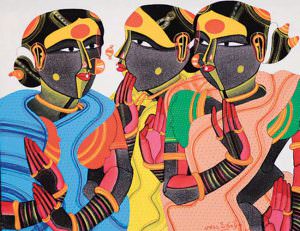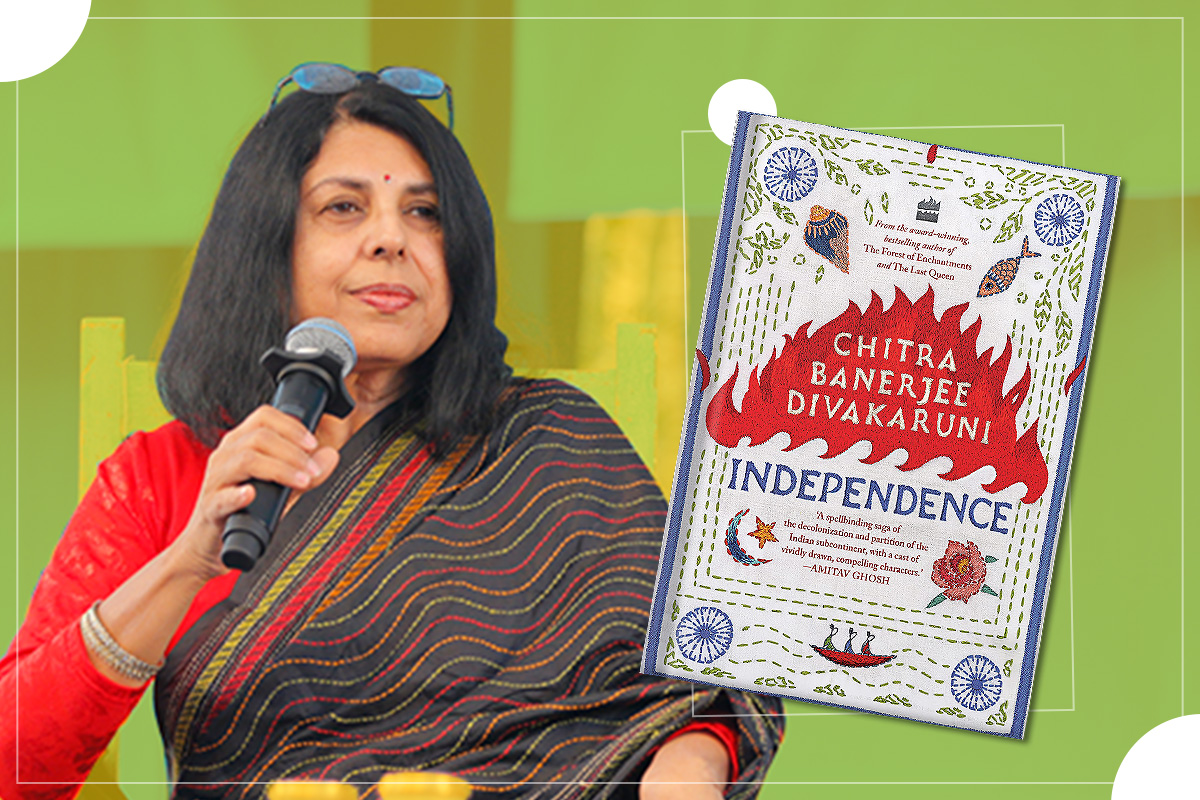Author Baburao Bagul, a pioneer of Marathi Dalit literature, in his short story titled Mother, lends a voice to motherhood and widowhood experienced by a lower caste Dalit woman. Baburao throws light upon the dual discrimination faced by Dalit women along the lines of gender and caste, thereby exposing realistic experiences of the Dalit community. Filled with feelings of pain and loss, the author attempts to provoke readers with questions such as— whose experience of motherhood is universalised? Does motherhood differ along the lines of caste? Can the voice of a subaltern mother be heard? If so, is there any form of emancipation possible for her?
As a response to the complexities of gender, violence, and caste, Bagul’s story is focused around the life of an ‘unusual’ mother (unnamed), and her son Pandu. The father is diagnosed with tuberculosis, and as a result, the pressure on Pandu’s mother to be the sole breadwinner of the family is immense. Things take a turn for the worse, when the father, in his perpetual drunken state, abuses Pandu’s mother verbally, physically, and emotionally as he suspects her of infidelity.
Consequently, attempts are made by him to disfigure the mother, with the motive of making her unattractive. Such a narrative reflects the deeply engrained patriarchal mindset in Pandu’s father, where he feels a strong sense of entitlement over ‘his’ woman’s body. This need to conquer, control, and confine a woman’s body is a way of asserting male privilege on women.
Things take a turn for the worse when Pandu’s teacher recites a poem on motherhood, where a mother is referred to Vatsalya Sindhu (a river of mother love). The poem reflects the traditional notion of motherhood as constructed by society for brahmanical women. That, the ‘goodness’ of a mother is measured by her ability to shower her children with love, sacrifices, and care, all within the domain of the private sphere of the household. Pandu tries to fit in his mother in this idealised image of a motherhood, however his thoughts are interrupted when a few upper caste boys make fun of his mother stating “Don’t touch Pandu, any of you. My mother says Pandu’s mother sleeps with the mukadam (pimp)” (Bagul 1990).
Also Read: The Truth About Fiction: Looking At Caste, Gender And Dissent In Urmila Pawar’s Short Stories
With this we see, how untouchability and impurity remain as markers of Dalit identity, thereby remaining as a scourge on upper caste mentality. Moreover, since Pandu’s mother happens to be a Dalit woman, the degree of mistreatment is two fold. Why is it so difficult for society to accept a mother to be a widow, and still be ‘pure’ in her relations with people? Moreover, with the demise of Pandu’s father, his mother has no choice but to venture out in the public domain to earn a living. As a result, this does not permit her to stay in the private realm of the household mostly, thereby, not allowing her to nurture her child. So does that imply that Pandu’s mother is a ‘bad’ mother? No, the cultural representation of women as mothers is so unidimensional, that mothers having different experiences of maternity appear as an anomaly in the paradigm of motherhood altogether.
The author also sheds light on how Dalit children are constantly marginalised and discriminated against even in school by the upper caste, thus leaving no space for them to understand and value their individualistic experiences. Only after upper caste boys label Pandu’s mother as a prostitute, Pandu too begins to scrutinise her whereabouts. Caught in the midst of patriarchy and casteist mindset, Pandu’s mother’s sacrifices to provide her son with a better life are ultimately overshadowed. Trapped in a cycle of eternal oppression, not only from society but also by her own family members, the quest for emancipation for Dalit women becomes difficult to obtain.
On a societal level, Bagul’s story also sheds light upon the exploitation of Dalit widows by upper caste men. In their eyes, Dalit widows are viewed as powerless, poor, and ‘sexually available’ due to their widowhood. Viewing them as objects of sexual desire, upper caste men satisfy their sexual urge by exploiting them. Due to strong political control combined with high status, any form of agitation by the lower castes is perceived as powerless. As a result, a lot of violence and sexual instances go unreported.
Bagul’s story attempts to blur the line between the personal and the political, by giving women from the margins a voice. It is only when perspectives of people who face instances of political inequality and oppression are incorporated in everyday discourse that the reader is brought closer to the subaltern lifestyle.
Also Read: Six Books By Dalit Women Writers Exploring Lives Lived On The Margins Of Caste And Gender
Featured Image Credit: India Today
About the author(s)
Stuti holds a master's degree in Sociology, and is currently pursuing her M.Phil in Sociology from Mumbai University. Her areas of interest include gender studies, art history, culture and Identity, and, critical studies of science and technology. Her blog (stutikakar.com) reflects her interest in contemporary debates.




